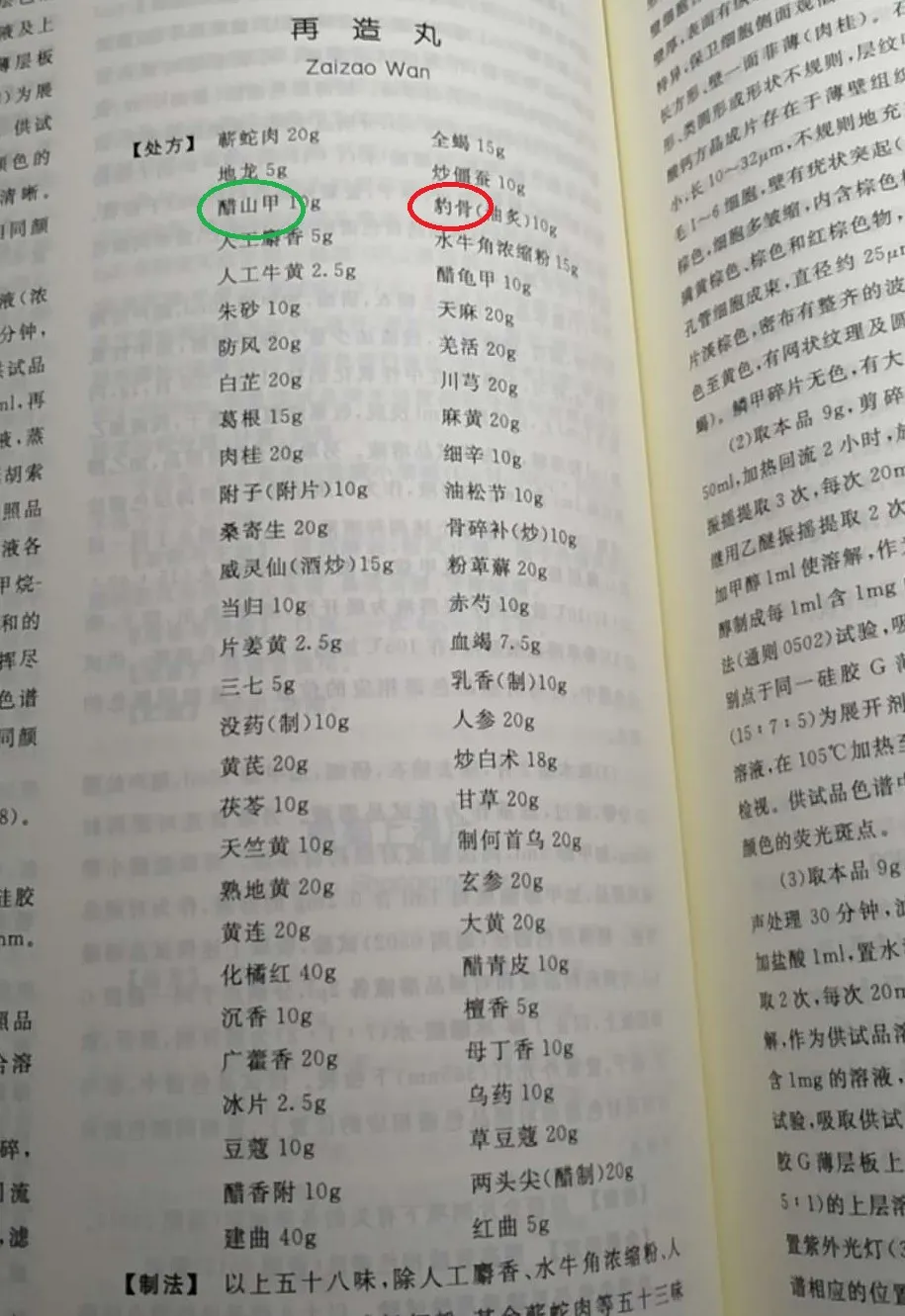Earlier this month, China's state media announced that pangolin scales had been removed from the official traditional Chinese medicine (TCM) pharmacopeia, which lists approved traditional and Western medicine.
This was widely interpreted as a ban on pangolin scales been used in TCM, however a report by the Environmental Investigation Agency (EIA) finds this is not the case.
Although pangolin scales have been removed from the section that lists key TCM medicines, they are still included as an ingredient in some patent medicines.
“Now that it is clear pangolin scales remain in the pharmacopoeia, it is essential the Government of China takes unambiguous, credible and decisive action to fully ban the use of pangolins in TCM,” says Chris Hamley, EIA senior pangolin campaigner.
“This should include the complete removal of pangolin scales from the pharmacopoeia, an end to the licensing of the production and sale of medicines containing pangolin scales and the destruction of all pangolin scale stockpiles. Without comprehensive action to eliminate demand for the use of pangolin scales in TCM in China, the ongoing industrial trafficking of pangolins and concurrent decimation of wild populations will continue.”

There are eight species of pangolin, four of which are found in Asia and four are found in Africa. All eight species are threatened with extinction, with three listed as Critically Endangered, three as Endangered and two as Vulnerable.
Pangolins are the most trafficked animal in the world, primarily for their scales which are used in TCM. The scales are also used in jewellery, and the meat of pangolins is consumed in both Asia and Africa. If the illegal trade of pangolins continued, it is thought they could be wiped out within 10 years.
There are eight formulae for medicines in the 2020 pharmacopeia which still list pangolin scales as an ingredient - including Zaizao Wan, used to help blood circulation, and Awei Huapi Gao, used to relieve, among other things, abdominal pain.
Leopard bone and bear bile are listed as ingredients for medicines in the pharmacopeia.

Main image: The Cape or ground pangolin in Zimbabwe. © Christopher Scott/Getty
